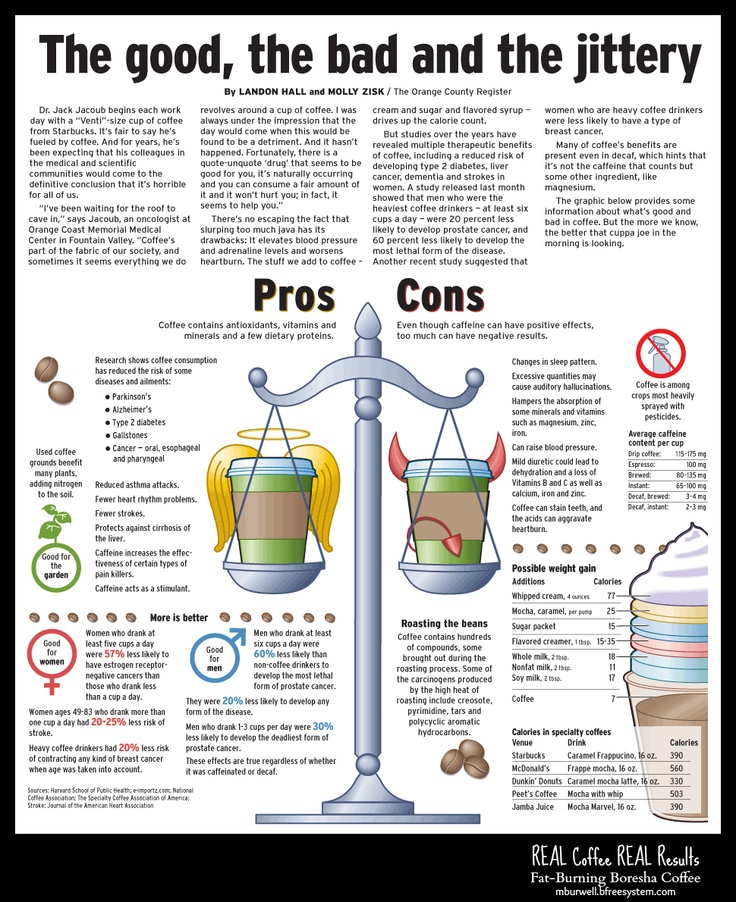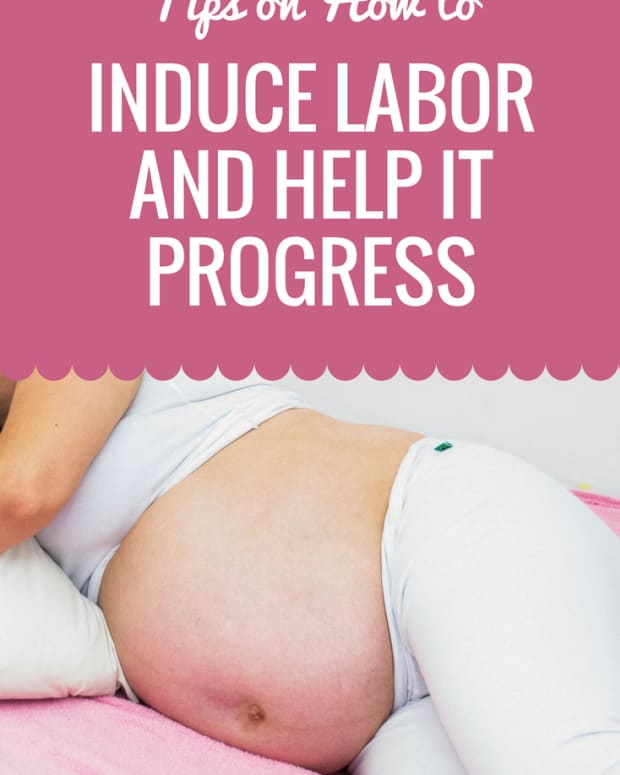Pre conception planning
Planning for Pregnancy | Preconception Care
If you are trying to have a baby or are just thinking about it, it is not too early to start getting ready for pregnancy. Preconception health and health care focus on things you can do before and between pregnancies to increase the chances of having a healthy baby. For some people, getting their bodies ready for pregnancy takes a few months. For other people, it might take longer. Whether this is your first, second, or sixth baby, the following are important steps to help you get ready for the healthiest pregnancy possible.
1. Make a Plan and Take Action
Whether or not you’ve written them down, you’ve probably thought about your goals for having or not having children, and how to achieve those goals. For example, when you didn’t want to have a baby, you used effective birth control methods to achieve your goals. Now that you’re thinking about getting pregnant, it’s really important to take steps to achieve your goal [PDF – 764 KB]—getting pregnant and having a healthy baby!
Preventive health care can help you stay healthier throughout your life.
2. See Your Doctor
Before getting pregnant, talk to your doctor about preconception health care. Your doctor will want to discuss your health history and any medical conditions you currently have that could affect a pregnancy. They may want to discuss any previous pregnancy problems, medicines you currently are taking, vaccinations you might need, and steps you can take before pregnancy to help prevent certain birth defects.
Take a list of talking points so you don’t forget anything. Be sure to talk to your doctor about:
Medical Conditions
If you currently have any medical conditions, be sure they are under control and being treated. Some of these conditions include: sexually transmitted diseases (STDs), diabetes, thyroid disease, high blood pressure, and other chronic diseases.
Lifestyle and Behaviors
Talk with your doctor or another health professional if you smoke, drink alcohol, or use certain drugs; live in a stressful or abusive environment; or work with or live around toxic substances.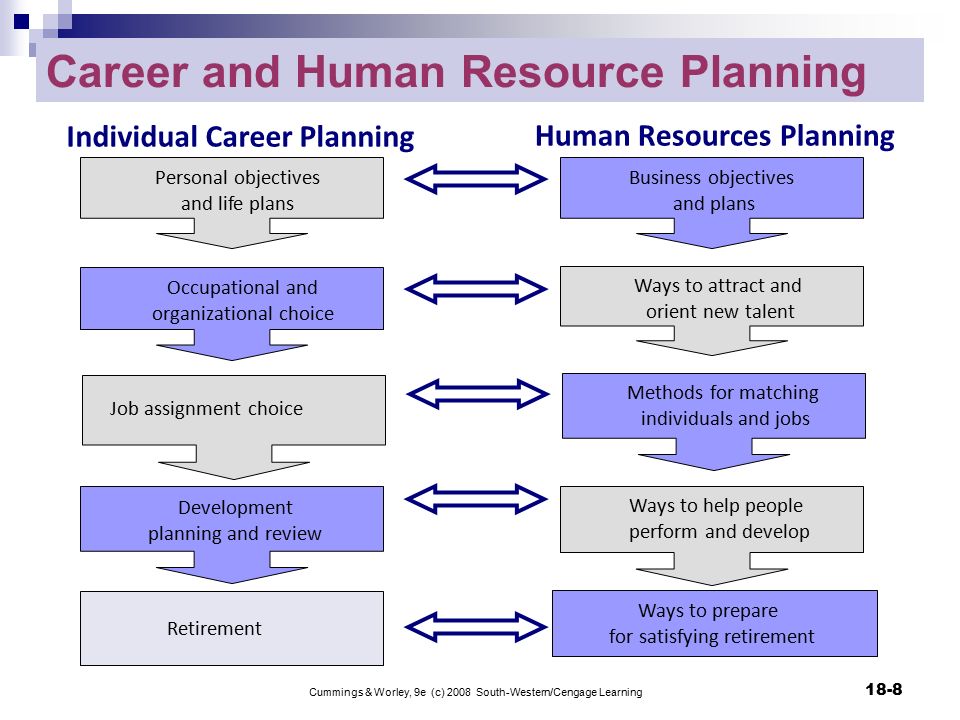 Health care professionals can help you with counseling, treatment, and other support services.
Health care professionals can help you with counseling, treatment, and other support services.
Medications
Almost every pregnant person will face a decision about taking medicines before and during pregnancy. Talk to your healthcare providers before starting or stopping any medicines. Be sure to discuss the following with your healthcare providers:
- All medicines you take, including prescriptions, over-the-counter medicines, herbal and dietary supplements, and vitamins
- Best ways to keep any health conditions you have under control
- Your personal goals and preferences for the health of you and your baby
Vaccinations (shots)
Some vaccinations are recommended before you become pregnant, during pregnancy, or right after delivery. Having the right vaccinations at the right time can help keep you healthy and help keep your baby from getting very sick or having lifelong health problems.
3. Take 400 Micrograms of Folic Acid Every Day
Folic acid is a B vitamin.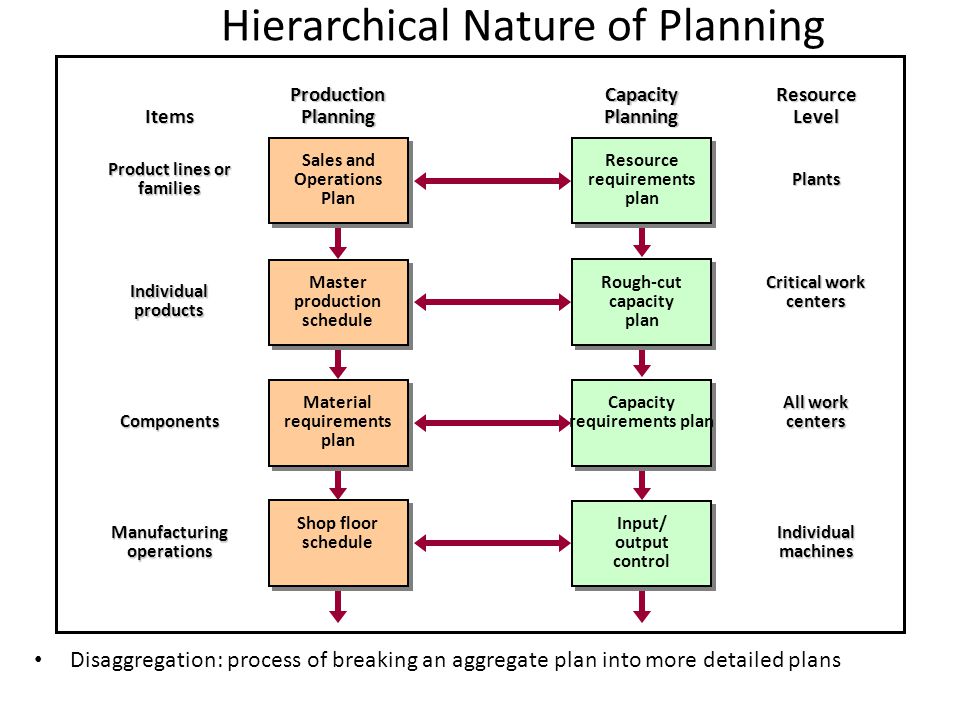 CDC urges all people who can become pregnant to take 400 micrograms (mcg) of folic acid each day, in addition to consuming food with folate from a varied diet, to help prevent some major birth defects of the baby’s brain (anencephaly) and spine (spina bifida).
CDC urges all people who can become pregnant to take 400 micrograms (mcg) of folic acid each day, in addition to consuming food with folate from a varied diet, to help prevent some major birth defects of the baby’s brain (anencephaly) and spine (spina bifida).
Learn more about folic acid »
4. Stop Drinking Alcohol, Smoking, and Using Certain Drugs
Smoking, drinking alcohol, and using certain drugs can cause many problems during pregnancy, such as premature birth, birth defects, and infant death.
If you are trying to get pregnant and cannot stop drinking, smoking, or using drugs, contact your healthcare provider, local Alcoholics Anonymous, or local alcohol treatment center.
Alcohol and Drug Resources
Substance Abuse Treatment Facility Locator
The Substance Abuse and Mental Health Services Administration (SAMHSA) has a treatment facility locator. This locator helps people find drug and alcohol treatment programs in their area.
Alcoholics Anonymous (A. A.)
A.)
Alcoholics Anonymous® is a fellowship of men and women who share their experiences, strengths, and hopes with each other so that they can solve their common problem and help others to recover from alcoholism. Locate an A.A. program near you.
Learn more about alcohol and pregnancy »
Smoking Resources
1-800-QUIT-NOW (1-800-784-8669)
Learn more about smoking during pregnancy »
5. Avoid Toxic Substances and Environmental Contaminants
Avoid harmful chemicals, environmental contaminants, and other toxic substances such as synthetic chemicals, metals, fertilizer, bug spray, and cat or rodent feces around the home and in the workplace. These substances can hurt the reproductive systems of men and women. They can make it more difficult to get pregnant. Exposure to even small amounts during pregnancy, infancy, childhood, or puberty can lead to diseases. Learn how to protect yourself and your loved ones from toxic substances at work and at home.
Learn about the effects of toxic substances on reproductive health »
Learn how CDC tracks Children’s Environmental Health »
6.
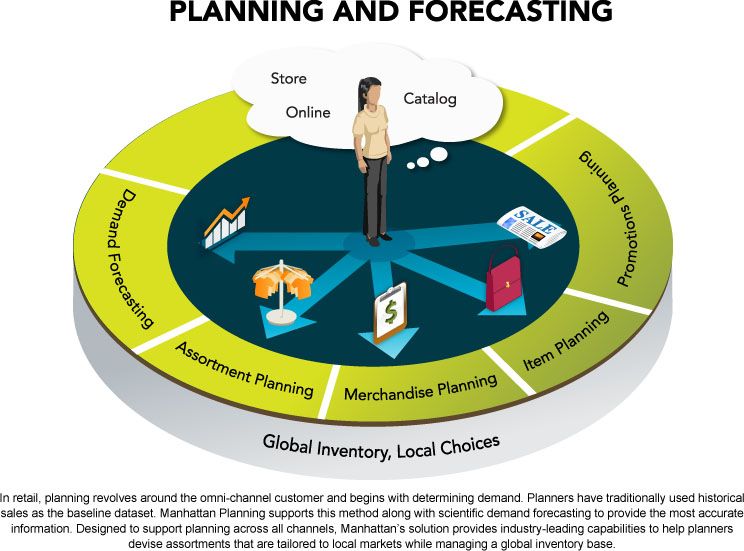 Reach and Maintain a Healthy Weight
Reach and Maintain a Healthy WeightPeople who are overweight or obese have a higher risk for many serious conditions, including complications during pregnancy, heart disease, type 2 diabetes, and certain cancers (endometrial, breast, and colon).1 People who are underweight are also at risk for serious health problems.2
The key to achieving and maintaining a healthy weight isn’t about short-term dietary changes. It’s about a lifestyle that includes healthy eating and regular physical activity.
If you are underweight, overweight, or obese, talk with your doctor about ways to reach and maintain a healthy weight before you get pregnant.
Learn more about healthy weight »
7. Learn Your Family History
Collecting your family’s health history can be important for your child’s health. You might not realize that your sister’s heart defect or your cousin’s sickle cell disease could affect your child, but sharing this family history information with your doctor can be important.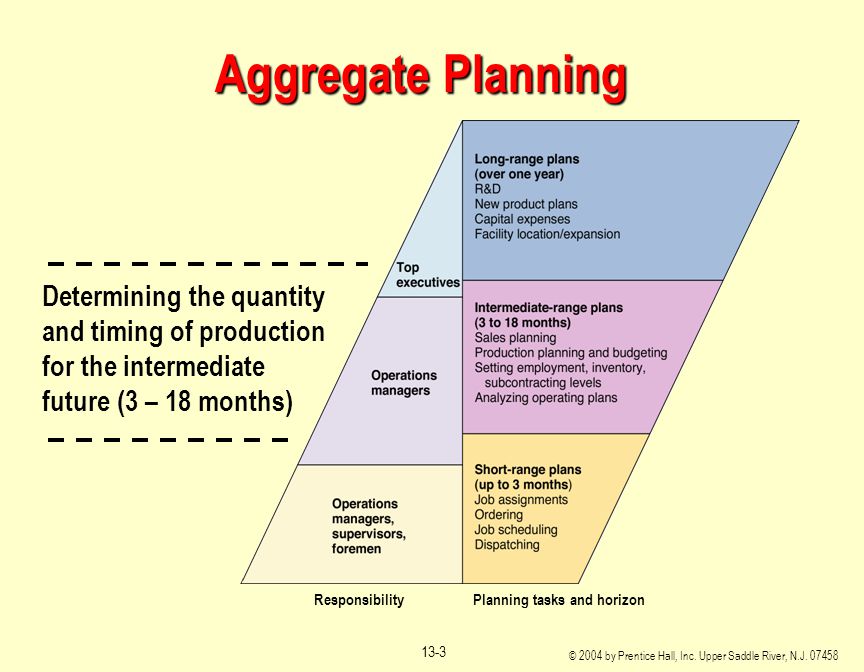
Other reasons people go for genetic counseling include having had several miscarriages, infant deaths, trouble getting pregnant (infertility), or a genetic condition or birth defect that occurred during a previous pregnancy.
Learn more about family history »
Learn more about genetic counseling »
8. Get Mentally Healthy
Mental health is how we think, feel, and act as we cope with life. To be at your best, you need to feel good about your life and value yourself. Everyone feels worried, anxious, sad, or stressed sometimes. However, if these feelings do not go away and they interfere with your daily life, get help. Talk with your doctor or another health professional about your feelings and treatment options.
Learn about mental health »
Learn about depression »
References
- NIH, NHLBI Obesity Education Initiative. Clinical Guidelines on the Identification, Evaluation, and Treatment of Overweight and Obesity in Adults. Available online:
http://www. nhlbi.nih.gov/guidelines/obesity/ob_gdlns.pdf (PDF-1.25Mb)
nhlbi.nih.gov/guidelines/obesity/ob_gdlns.pdf (PDF-1.25Mb) - Moos, Merry-K, et al. Healthier women, healthier reproductive outcomes: recommendations for the routine care of all women of reproductive age. AJOG Volume 199, Issue 6, Supplement B , Pages S280-S289, December 2008.
Preconception Health for Women | Preconception Care
All people can benefit from the principles of preconception health, whether or not they plan to have a baby one day. This is because part of preconception health is about people getting and staying healthy overall, throughout their lives.
One of the best things you can do for yourself is to take good care of your health. It’s natural to think about eating well and exercising as important parts of being healthy, but there are other things to consider, too. The Centers for Disease Control and Prevention urges everyone to make healthy living a priority.
In addition, no one expects an unplanned pregnancy. But it happens often. In fact, about half of all pregnancies in the United States are not planned.
Following are some healthy habits for women:
1. Make a Plan and Take Action
Whether or not you’ve written them down, you’ve probably thought about your goals for having or not having children and how to achieve those goals. It’s really important to have a plan [PDF – 893 KB] and take action, as needed.
Preventive health care can help you stay healthier throughout your life.
2. See Your Doctor
At least once each year, see your doctor for a health check-up. Talk with your doctor about preconception health care. If your doctor has not discussed this type of care with you―ask about it!
Be sure to talk with your doctor about:
Medical Conditions
If you currently have any medical conditions, be sure they are under control and being treated. Some of these conditions include: sexually transmitted diseases (STDs), diabetes, thyroid disease, high blood pressure, and other chronic diseases.
Lifestyle and Behaviors
Talk with your doctor or other health professional if you smoke, use certain drugs, or drink excessive amounts of alcohol; live in a stressful or abusive environment; or work with or live around toxic substances.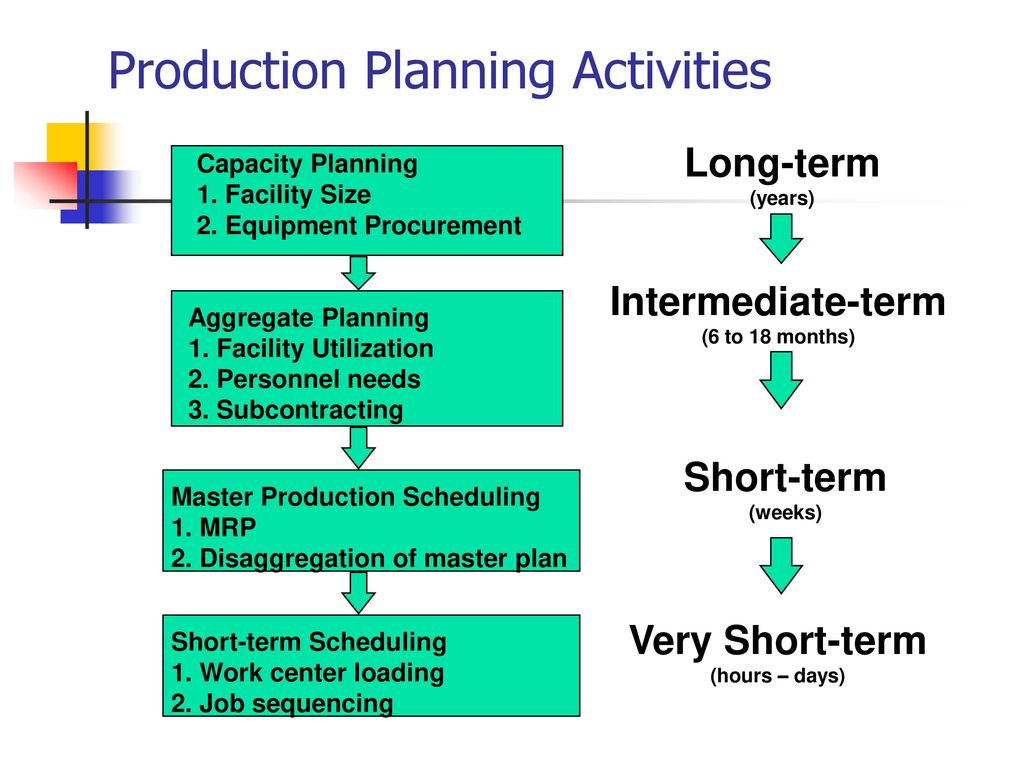 Your doctor can help you with counseling, treatment, and other support services.
Your doctor can help you with counseling, treatment, and other support services.
Vaccinations (shots)
Having the right vaccinations at the right time can help keep you healthy.
3. Take 400 Micrograms of Folic Acid Every Day
Folic acid is a B vitamin. Everyone needs folic acid every day for the healthy new cells the body makes daily. Think about your skin, hair, and nails. These―and other parts of the body–make new cells each day. Folic acid also is important to help prevent major birth defects of the baby’s brain and spine if you do become pregnant.
Learn about folic acid »
4. Stop Smoking, Using Certain Drugs, and Drinking Excessive Amounts of Alcohol
Smoking, using certain drugs, and drinking too much alcohol are harmful to your health and could lead to serious birth defects for your baby if you have an unintended pregnancy. If you cannot stop drinking, smoking, or using drugs―get help! Contact your health care provider or local treatment center.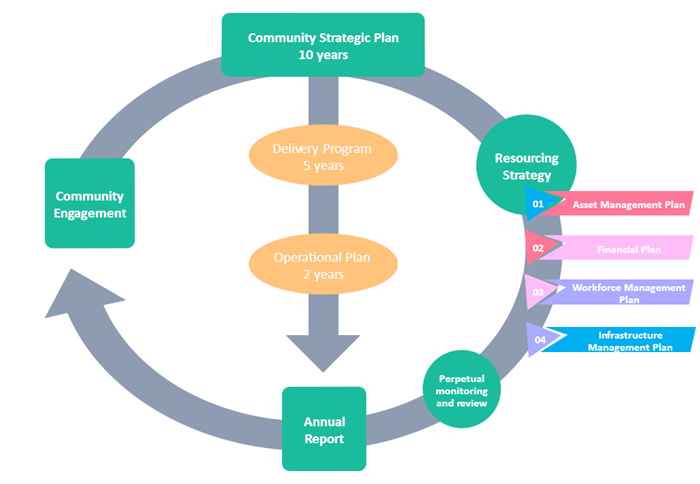
Alcohol and Drug Resources
Substance Abuse Treatment Facility Locator
The Substance Abuse and Mental Health Services Administration (SAMHSA) has a treatment facility locator. This locator helps people find drug and alcohol treatment programs in their area.
Alcoholics Anonymous (A.A.)
Alcoholics Anonymous® is a fellowship of men and women who share their experiences, strengths, and hopes with each other so that they can solve their common problem and help others to recover from alcoholism. Locate an A.A. program near you.
Learn about alcohol use »
Smoking Resources
1-800-QUIT-NOW (1-800-784-8669)
Learn how to quit smoking »
5. Avoid Toxic Substances
Exposure to toxic substances and other harmful materials at work or at home, such as synthetic chemicals, metals, fertilizer, bug spray, and cat or rodent feces, can hurt the reproductive systems of men and women. Learn how to protect yourself from toxic substances at work and at home.
The effects of toxic substances on female reproductive health »
6. Reach and Maintain a Healthy Weight
People who are overweight or obese have a higher risk for many serious conditions, including heart disease, type 2 diabetes, and certain cancers (endometrial, breast, and colon).1 People who are underweight also are at risk for serious health problems.2
The key to achieving and maintaining a healthy weight isn’t about short-term dietary changes. It’s about a lifestyle that includes healthy eating and regular physical activity. Staying in control of your weight contributes to good health now and as you age.
If you are underweight, overweight, or obese, talk with your doctor or other health care professional about ways to reach and maintain a healthy weight.
Learn about healthy weight »
7. Get Help for Violence
From infants to the elderly, violence affects people in all stages of life. The number of violent deaths tells only part of the story. Many more people survive violence and are left with lifelong physical and emotional scars.
Many more people survive violence and are left with lifelong physical and emotional scars.
Learn about violence prevention »
8. Learn Your Family History
Your family health history can help your doctor provide better care for you. It can help identify whether you have a higher risk for some diseases. It can help your doctor recommend actions for reducing your personal risk for a disease. And, it can help in looking for early warning signs of disease.
Learn about your family history »
9. Get Mentally Healthy
Mental health is how we think, feel, and act as we cope with life. To be at your best, you need to feel good about your life and value yourself. Everyone feels worried, anxious, sad, or stressed sometimes. However, if these feelings do not go away and they interfere with your daily life, get help. Talk with your doctor or another health care professional about your feelings and treatment options.
Learn about mental health »
Learn about depression »
10.
 When You’re Ready―Planning Your Pregnancy
When You’re Ready―Planning Your PregnancyOne day, you might decide that you’re ready to have a baby. When that time comes, one of the most important things you can do is plan your pregnancy. For some women, getting their body ready for pregnancy takes a few months. For other women, it might take longer. It’s never too early to get ready for a healthy pregnancy and baby.
In the meantime, learn how to prevent pregnancy. Several safe and highly effective methods of birth control are available to prevent pregnancy.
Learn about birth control »
References
- NIH, NHLBI Obesity Education Initiative. Clinical Guidelines on the Identification, Evaluation, and Treatment of Overweight and Obesity in Adults. Available online: http://www.nhlbi.nih.gov/guidelines/obesity/ob_gdlns.pdf (PDF-1.25Mb)
- Moos, Merry-K, et al. Healthier women, healthier reproductive outcomes: recommendations for the routine care of all women of reproductive age. AJOG Volume 199, Issue 6, Supplement B , Pages S280-S289, December 2008.
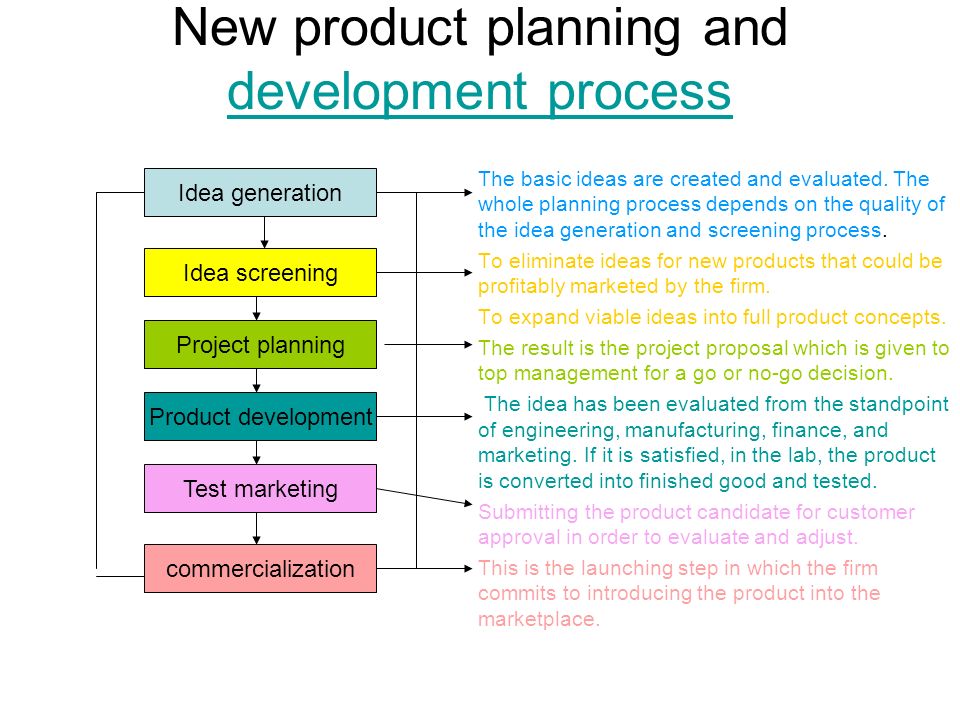
Examination of a man at the stage of pregnancy planning
Proper pregnancy planning has a positive effect on the health of the unborn child. A man should also be tested before a woman becomes pregnant. Comprehensive diagnostics will assess the quality of the genetic material that he will pass on to the baby, and will also determine whether a man is capable of becoming a father.
The chance that conception will occur in men after 45 years is 3 times less than in young people. It has also been proven that with age, more and more spermatozoa with damaged genetic material are found in the seminal fluid. If such a spermatozoon fertilizes an egg, then the pregnancy can proceed with complications up to a miscarriage. In this case, the probability of the appearance of a genetic pathology in the offspring is high.
At the stage of preparation for fatherhood, a man must first contact a urologist-andrologist. The specialist will prescribe the necessary examinations, the results of which will give recommendations. If necessary, the doctor will prescribe treatment according to indications. In addition to the urologist-andrologist, a man should visit a therapist, endocrinologist, psychologist.
If necessary, the doctor will prescribe treatment according to indications. In addition to the urologist-andrologist, a man should visit a therapist, endocrinologist, psychologist.
The standard comprehensive examination of a man includes the following tests:
- General analysis of urine and blood . The results of these studies will show whether there are any deviations in the body that can adversely affect the health of the unborn child.
- Determination of blood group and Rh factor . The blood type of a man does not play a role in the conception and pregnancy of the spouse, but the Rh factor can affect its course. For this reason, it is important to find out the compatibility of the Rh factor of a married couple.
- TORCH infections . The study is aimed at determining the presence in the body of pathogens of such infectious diseases as rubella, herpes, cytomegalovirus, chlamydia and toxoplasmosis.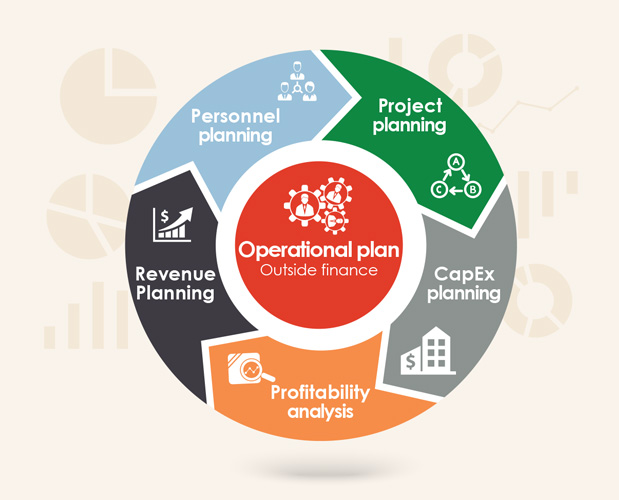 These infections adversely affect the processes of conception and pregnancy.
These infections adversely affect the processes of conception and pregnancy.
- Sexual infections . The most common cause of male infertility, as well as a serious threat to a successful pregnancy and the health of the baby.
- Spermogram . This study of sperm allows you to evaluate the quality of spermatozoa, their ability to fertilize an egg.
- Partner Compatibility Test . The incompatibility of a man and a woman with each other can lead to the fact that conception does not occur or a miscarriage occurs. Modern methods of reproductive medicine can overcome this factor of infertility.
- Fluorography .
- Hormones . The hormonal background of a man, namely the content of testosterone in his body, plays one of the main roles in planning pregnancy.
- Secret of the prostate gland. Tests for the study of prostate secretion for men when planning pregnancy are not prescribed in all cases, but only when problems with this organ are identified during an examination by a urologist.
- ECG . Many men today suffer from pathologies of the heart and vessels. It is better to identify and correct undesirable conditions on the stage of preparation for pregnancy, which will ensure a happy fatherhood.
Pregravid preparation
Sign up for a consultation on pregravid preparation
The concept of the term "pregravid preparation"
The term "pregravid preparation" is first heard by women after visiting a gynecologist for a future pregnancy. At first, it causes a double feeling: on the one hand, it frightens a woman, and on the other hand, it inspires hope that she will be able to give birth to a healthy child.
The word "pregravid" comes from lat. Gravida (pregnant) and prefixes (before something). And pregravid preparation is the scrupulous preparation for a successful pregnancy.
The question of preconception preparation arises among couples with a responsible approach to the birth of common children, as well as among women who can no longer become a mother on their own.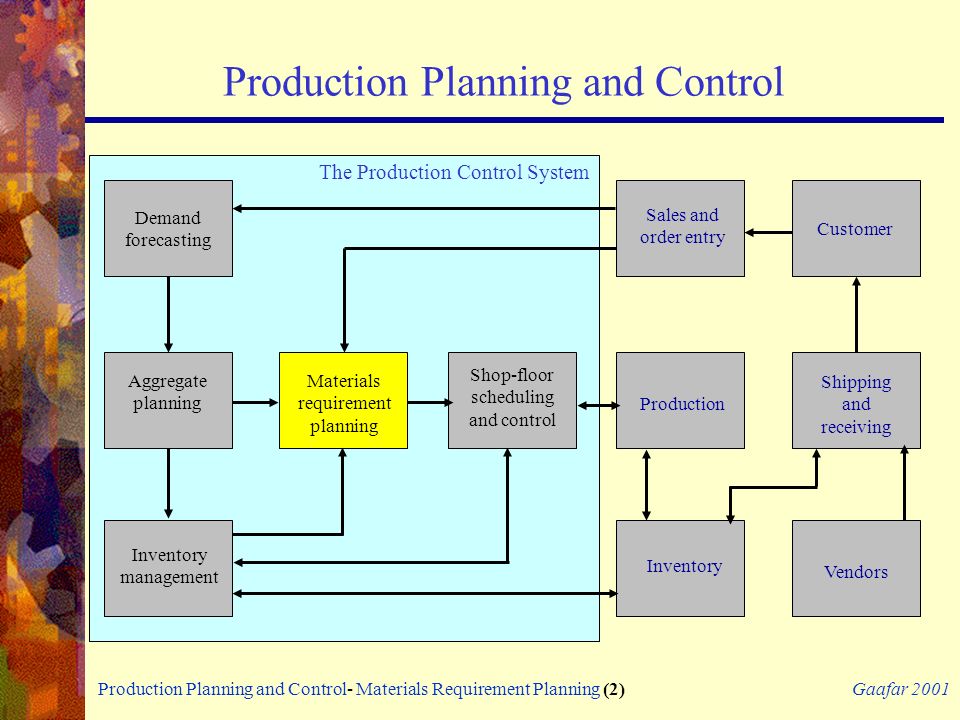 In most cases, infections, hormonal disorders, and previously terminated pregnancies prevent pregnancy. And this is not strange, because by the age of 27-30, women often become owners of many diseases that are sexually transmitted or various physiological pathologies after an abortion.
In most cases, infections, hormonal disorders, and previously terminated pregnancies prevent pregnancy. And this is not strange, because by the age of 27-30, women often become owners of many diseases that are sexually transmitted or various physiological pathologies after an abortion.
Important to know! Pregnancy planning is not only for women, but also for men. They can also be carriers of infections or genetic diseases. In addition, it is men who create the optimal psychological and social atmosphere for a successful pregnancy.
Preconception milestones
Most couples think that pregnancy planning is about taking vitamins and quitting smoking 1-2 months in advance. This is only appropriate for young and completely healthy spouses. Pregravid preparation for the desired pregnancy begins 6-10 months before the "work" on the pregnancy. This is a troublesome process with a certain list of procedures. It is possible that this will take a lot of effort and finances, but you will expect the birth of a baby with confidence and a clear conscience.
It is indicated in the following cases:
- spontaneous miscarriage;
- missed previous pregnancy;
- fetal malformations in the past;
- history of surgery and abortion;
- chronic diseases.
Preconception preparation for pregnancy takes place in several stages:
- Medical examination of the spouses: collection of anamnesis of diseases in the past, passing the necessary tests and diagnostic procedures, consultations of a number of specialists.
- Preparing a couple for conception and a woman for carrying a pregnancy.
- Calculation of favorable days for conception.
Comprehensive examination of a married couple
So that the stages of preconception preparation do not scare you, let's study them in more detail and find out what exactly the preconception examination includes. To begin with, the therapist will examine the couple and determine which tests will need to be passed.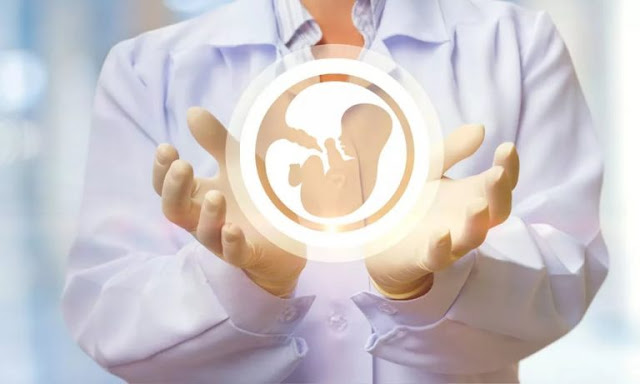 Then the woman will go for further examination to the gynecologist, and the man to the andrologist.
Then the woman will go for further examination to the gynecologist, and the man to the andrologist.
General examination of a couple
- Family doctor examination.
- Collection of general analyzes (blood/urine) and blood for biochemistry.
- Diagnosis of chronic diseases and consultation with specialists (endocrinologist, pulmonologist, cardiologist, dentist, etc.).
- Identification of the blood group for the prevention of Rh conflict in a pregnant woman and her baby after birth.
- Pregravid preparation of the endometrium. It is carried out with chronic endometritis or with endometrial hypoplasia.
- Testing for HIV, syphilis, hepatitis.
- Test for torch infection.
- Consultation at the genetic center.
This is done at the request of future parents. But there are cases when the help of genetics is simply necessary:
- the age of a woman is over 35 years, for a man - over 50 years;
- stillbirth or anomalies in the development of the embryo in the past;
- genetic diseases in the family;
- blood ties between spouses.
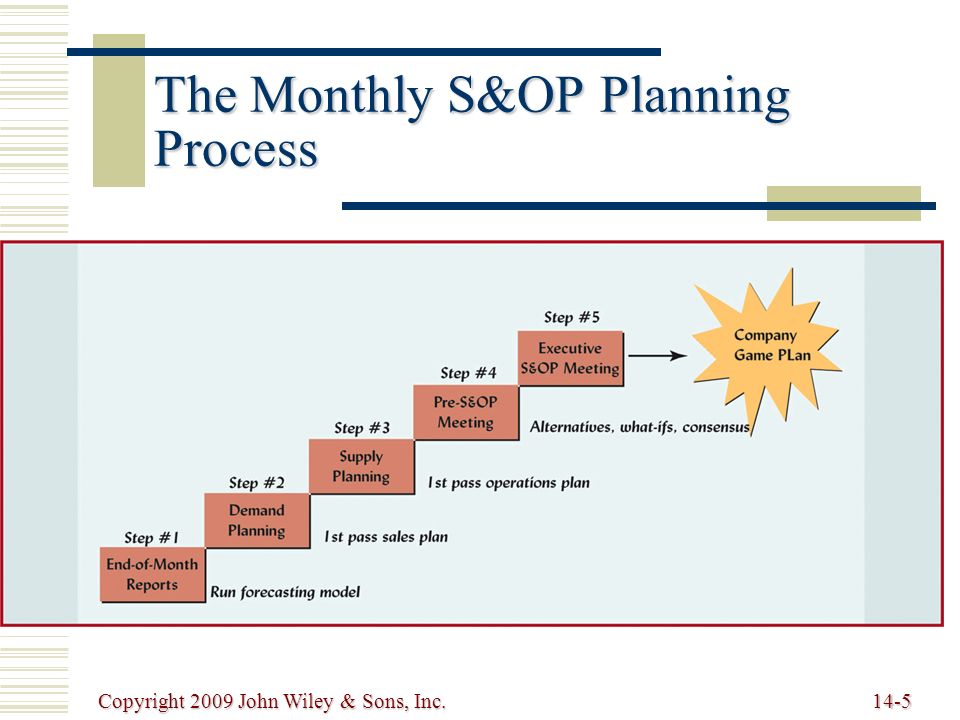
Interesting! Examination for infections includes: a smear from the cervical canal and vagina in women, as well as from the urethra in men, for further microscopic and PCR diagnostics. This method determines the presence of mycoplasma, ureaplasma, chlamydia, gonococcal infection and sexually transmitted diseases.
Examination of a man by an andrologist
The stages of preconception preparation are obligatory for a man, even if he feels completely healthy. In addition to the procedures listed above, men are recommended to take a spermogram to assess the activity and quality of spermatozoa. Reproductive health is strongly affected by stress, smoking, alcohol and a sedentary lifestyle. If the examination is carried out for "infertility", the hormonal status is also determined.
Did you know...
The body temperature in the scrotum is slightly lower than in the rest of the body, so sauna and heated seat lovers risk significantly degrading the quality of the genetic material.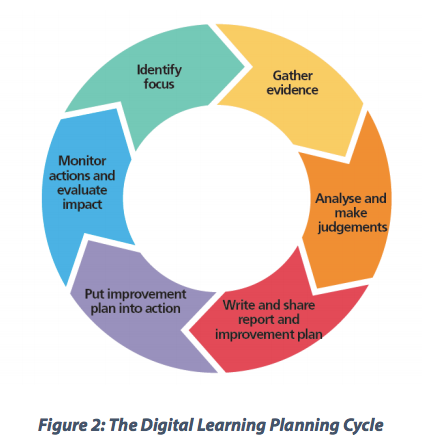
Examination in women
Not surprisingly, the preconception preparation of women is more thorough and longer. After all, the period of gestation and birth depends on the state of health of the mother.
In addition, a number of examinations are carried out for the woman:
- Complete gynecological examination, including colposcopy and taking smears for the presence of atypical cells.
- Bridle of internal organs to exclude neoplasms, endometriosis, malformations of the uterus
- Examination of the hormonal panel, if there are signs of disorders: irregular cycle, excessive hair growth, acne.
- Coagulogram - blood clotting test.
- Comprehensive examination of the thyroid gland under the supervision of an endocrinologist: T4 homones, TSH and ultrasound diagnostics. The latent form of hypothyroidism can cause spontaneous miscarriage or mental retardation in a child (cretinism).
- Histological examination of fluid from the uterine cavity if chronic inflammation of unexplained etiology is present.
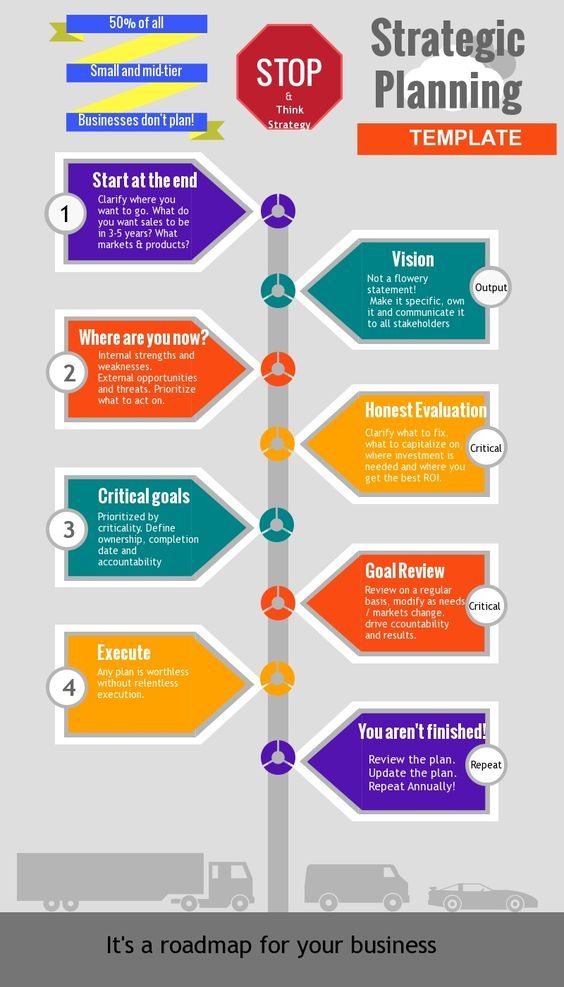
- Diagnosis of autoimmune disorders.
And what does the statistics say?
85% of couples conceive within 6-24 months. And this is considered the norm. If after a couple of years the result has not appeared, it is worth looking for the cause.
What to do before conception and pregnancy
When the test results are ready, the couple is allowed to conceive if everything is in good health. In case of any deviations, the doctor prescribes an individual treatment algorithm (drug, surgical, complex). Treatment delays pregnancy by 3-6 months, depending on the complexity of the disease.
At the stage of preparing a couple for conception and a woman for carrying a pregnancy, the following recommendations are given:
- Refusal of alcohol and cigarettes.
- Active lifestyle.
- Folic acid 400 mcg for the woman and vitamin E for both partners.
- Calm atmosphere and no stress.

- ORS and influenza prevention.
- Optimistic mood.
- A balanced diet with enough vegetables and fats.
- Taboo on products with preservatives, dyes and all kinds of dietary supplements.
Determine the possible days of conception
Endless tests and visits to doctors are over. The diet and the correct mode of the day are ideal. There is very little left - to help our body cope with the task as soon as possible. To do this, you just need to determine when ovulation occurs in order to catch on at the right time and in the right place.
Ovulation is a favorable moment for conception. During this period, a mature egg leaves the ovary and goes into the fallopian tube. Ovulation occurs approximately on the 12th-14th day of the cycle, if it is, of course, regular. In women under 30 years old, there are about 8-10 ovulatory cycles per year. Then their number gradually fades away.
Every woman has many methods in her arsenal to solve this problem. Each has its own advantages and disadvantages, but there are plenty to choose from:
Each has its own advantages and disadvantages, but there are plenty to choose from:
- Determination of ovulation by the nature of cervical mucus.
- Basal temperature measurement.
- Calendar method.
- Ovulation tests.
- Ultrasound monitoring.
Determination of ovulation by the nature of cervical mucus
Normal discharge should not occur after menstruation. As the egg travels down the fallopian tube, the woman may notice some moisture as the cervical mucus thins. At the time of ovulation, it begins to stretch like an egg white.
Advantages of this method:
- it does not require time and money
- it is safe and easy
Cons
- does not give 100% certainty, therefore it is not suitable for pregnancy prevention
- gives a false picture in inflammatory processes
Measurement of basal temperature
It is necessary to measure basal or rectal temperature strictly in the morning after waking up.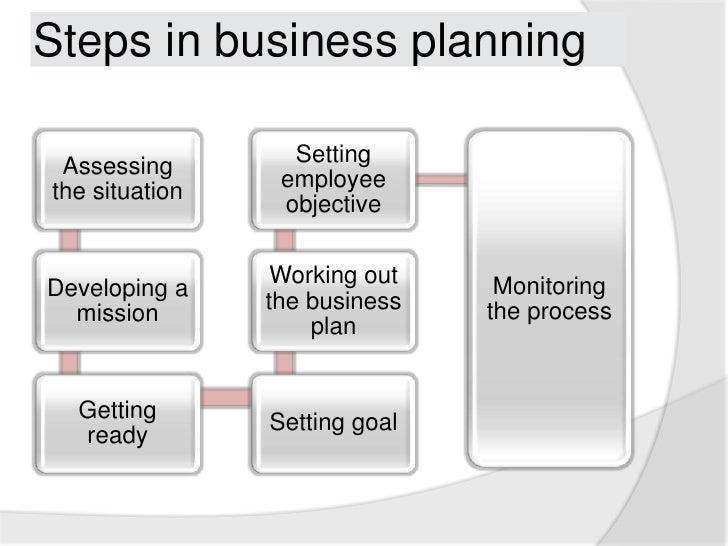 This method is quite accurate only in combination with ultrasound. The temperature is kept within 35-36⁰С, and during the period of ovulation there is a sharp jump to 37⁰С. These figures are relative and each woman may be different.
This method is quite accurate only in combination with ultrasound. The temperature is kept within 35-36⁰С, and during the period of ovulation there is a sharp jump to 37⁰С. These figures are relative and each woman may be different.
Pros:
- allows you to objectively assess the picture of the phases of the menstrual cycle
- suggest a possible day of ovulation
- suspect anovulatory cycle
- determine pregnancy in the first week of conception
Cons:
- laborious process
- daily monitoring
- the presence of many factors that affect basal temperature (stress, poor sleep, alcohol)
Tip! To measure temperature, it is better to use an electronic thermometer - it is safer and faster.
Calendar method (Claus-Ogino method)
This method was developed in 1876 by Dr. Maria Putnam. It is suitable only for women with a regular 26-32 day cycle. The fertile (favorable) period is indicated from the 10th to the 17th day of the cycle.
Advantages:
- cheapness and availability
- ease of use
Cons:
- relative accuracy
- you can skip early ovulation due to hormonal failure
Ovulation Tests
Ovulation Tests are quite accurate. They are inexpensive and are sold in every pharmacy. It takes 5 minutes to get the result. As a rule, you need five test strips per month to monitor ovulation. Their principle of action is the same as that of pregnancy tests, only in this case the luteinizing hormone is determined.
These tests are very easy to use. For example, you have a 28-day cycle: 28-17=11. This means that testing should be carried out from the 11th day of the cycle.
Pros:
- minimal time investment
- 99% confidence
- safety and ease of use
Cons:
- additional financial costs.
Ultrasound monitoring
This is the most accurate way to confirm ovulation.



